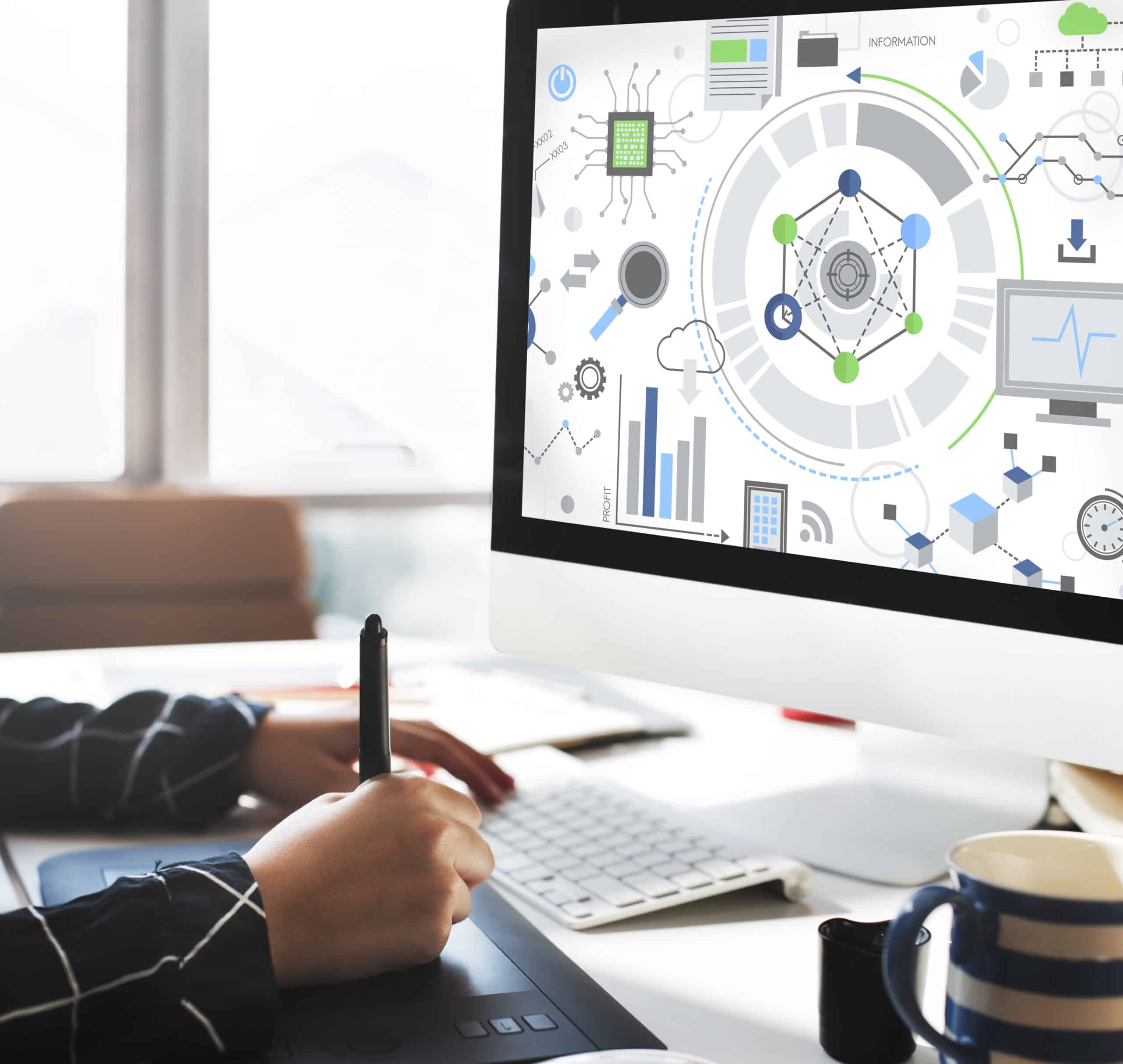As businesses have become more competitive and complicated, and the ability to have more of a global reach, ERP systems have become more popular with companies of all sizes, as they could help increase productivity, deal with supply chain challenges, and save money and resources, using a single system.
ERP systems tend to help and streamline all aspects of business, including HR, manufacturing, services, sales, customer support, project management, supply chains, and more.
ERP systems fall into some of these categories:
Specified for for your organisation: Generic or industry specific
Generic ERP:
These generic ERP systems are designed to integrate and streamline business processes across a variety of industries. They are considered as robust systems, with many features – that require customisation to implement.
Industry specific ERP:
These are software platforms that are designed to meet the needs of a particular industry. They are built with a specific industry in mind (for example manufacturing) and off special features that are tailored to that industry’s operations – and requires little or no customisation.
Cloud-based and on-premises ERP
On-site ERP systems: These are built with software installed on an organisations’s own servers and computers.
Cloud-based ERP systems: These are identical to on-site, but the software allows businesses to access their core applications over the internet.
Hybrid: This is a combination of features from both on-premises and cloud ERP systems and are perfect for businesses that have many different departments and facets – great for those that have both field engineers and office workers, who can access both on the cloud and on-site.
Custom-built and off-the-shelf ERP
Custom-built ERP systems are developed specifically for a company’s unique needs, offering high customisation, and in some cases, the software is developed precisely for that particular organisation.
Off-the-shelf ERP systems are pre-built with standard features. These are generally more budget-friendly than custom-built solutions, and can enable businesses to expand their operations with some simple changes, without significant setbacks.
Business size and requirements
Depending on the size of your business, ERP systems have different offerings. These are usually categorised into tiers:
Tier 1: these are entry-level systems, designed for small businesses, or those with basic requirements. Often less expensive and easier to implement than other systems, the only setback is that they may not be as scalable.
Tier 2: More complex than tier 1, they are often better suited for mid-size companies. Offering a range of functionality and more customisable than simpler systems, they are perfect for those with busy day-to-day operations.
Tier 3: Designed for large enterprises, they are fully customisable and easy to grow and scale with expansion of the business.
What to consider when choosing your ERP type:
Scalability: Does it have the ability to scale with your business as it grows?
Cost: Can the system reduce costs through automation? Is this important to your business?
Support: Does the system offer adequate support, in the areas that are needed?
Security: Which security measures does the system have in place? Encryption? Regular security updates?
Compliance: Does the system comply with industry regulations, such as GDPR or HIPAA?
Learn more about the different ERP systems at our itSHOWCASE. Register here




